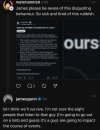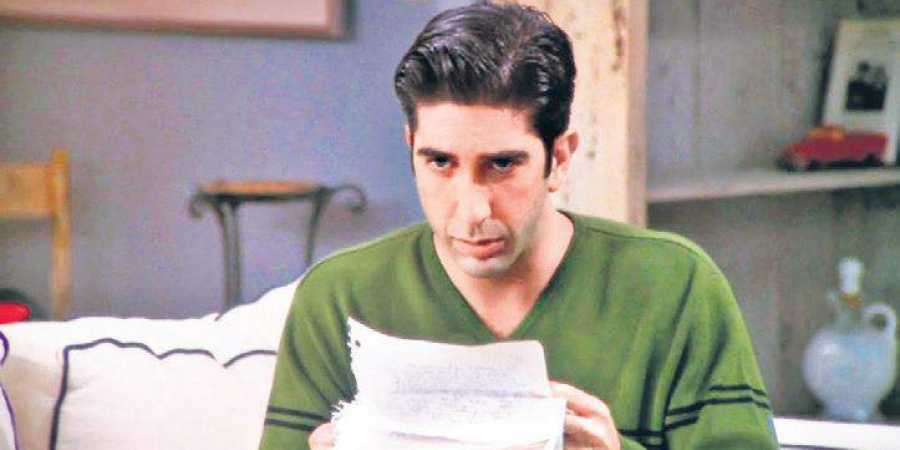I've always wondered why the superhero shows from the '70s used so little of their source material. Was it a rights issue? Were they afraid including the villains would make it too comic booky and scare people off?
That was common for most live-action superhero adaptations prior to the late '80s. Using original villains was the norm; the only exceptions I can think of from that era were
Batman '66 (though 2/3 of its villains were original), the first two episodes of Lynda Carter's
Wonder Woman, the
Doctor Strange TV movie pilot (technically, because Morgan le Fey was in the comics but is not originally a comics character), and the first two Reeve Superman movies (although S2 considerably altered Zod, and Non & Ursa were original to the film). The Burton/Schumacher
Batman movies kind of started the trend of using comic villains regularly. The '88
Superboy used a number of comics villains, notably including Bizarro, Metallo, and Mr. Mxyzptlk as well as Luthor as a major presence, but also had plenty of original villains-of-the-week. The 1990
The Flash was originally discouraged from using comic-book villains, but the network changed its mind midway through and we started to see a few comic villains show up in the latter half of the show's only season.
Using supporting protagonists besides the main hero was more common -- Lois, Jimmy, and Perry, Alfred and Commissioner Gordon, Steve Trevor and Etta Candy, J. Jonah Jameson, Wong, etc. -- but a number of adaptations didn't use any of the supporting characters, like
Hulk or the
Captain America pilot movies. Even as late as the '90s,
The Trial of the Incredible Hulk, a Daredevil backdoor pilot, featured Matt Murdock and Kingpin but created new characters in place of Foggy and Karen.
I think the reason might be a mix of both your suggestions. If a production creates its own characters, it doesn't have to pay residuals to an outside creator. And a lot of superhero shows did try to keep things less comic-booky and more in a conventional TV mold. It's also probably in large part because TV was more freelancer-driven back then, and the writers coming in from outside might not have been familiar with the comics, instead just making up their own bad guys. It wasn't uncommon for freelance TV writers to have ideas that they could pitch to multiple different shows of a particular genre, adapting them to fit the specific characters and premise as needed.
I've often thought that the reason today's superhero shows preferentially use established comics characters -- even if it's just slapping a comics character's name onto an otherwise unrelated, original character -- is because the same people own the comics and the TV studios now, so they have a vested interest in using their existing IP, or claiming ownership of what would otherwise be original characters so that they don't have to pay the writers for creating them.
The Incredible Hulk was a great show, but it's always seemed strange to me that they made up McGee instead of just having Ross going after Banner/The Hulk.
The show was already one of the most expensive series on the air at the time thanks to the lack of standing sets, wide-ranging location filming, and elaborate action/FX sequences. There's no way they could've afforded to have the military hunting the Hulk on a regular basis. The
Fugitive format where it's just one guy chasing after the hero was more practical.
What surprises me is that the comics didn't pick up McGee as a character, the way comics have done with other characters created for media adaptations like Jimmy Olsen, Perry White, Harley Quinn, Phil Coulson, etc. There was a gender-flipped Jacqueline McGee introduced in the Marvel Universe a few years ago, but nothing until then. The Hulk show was popular enough that you'd think the comics would've wanted to connect to it more.
Wasn't Aunt May in the pilot movie, or am I thinking of an actress who was supposed to be similar to Aunt May?
Yes, May was in the pilot, and only the pilot. But no Uncle Ben, no Burglar, no guilt driving Peter to become a hero.





